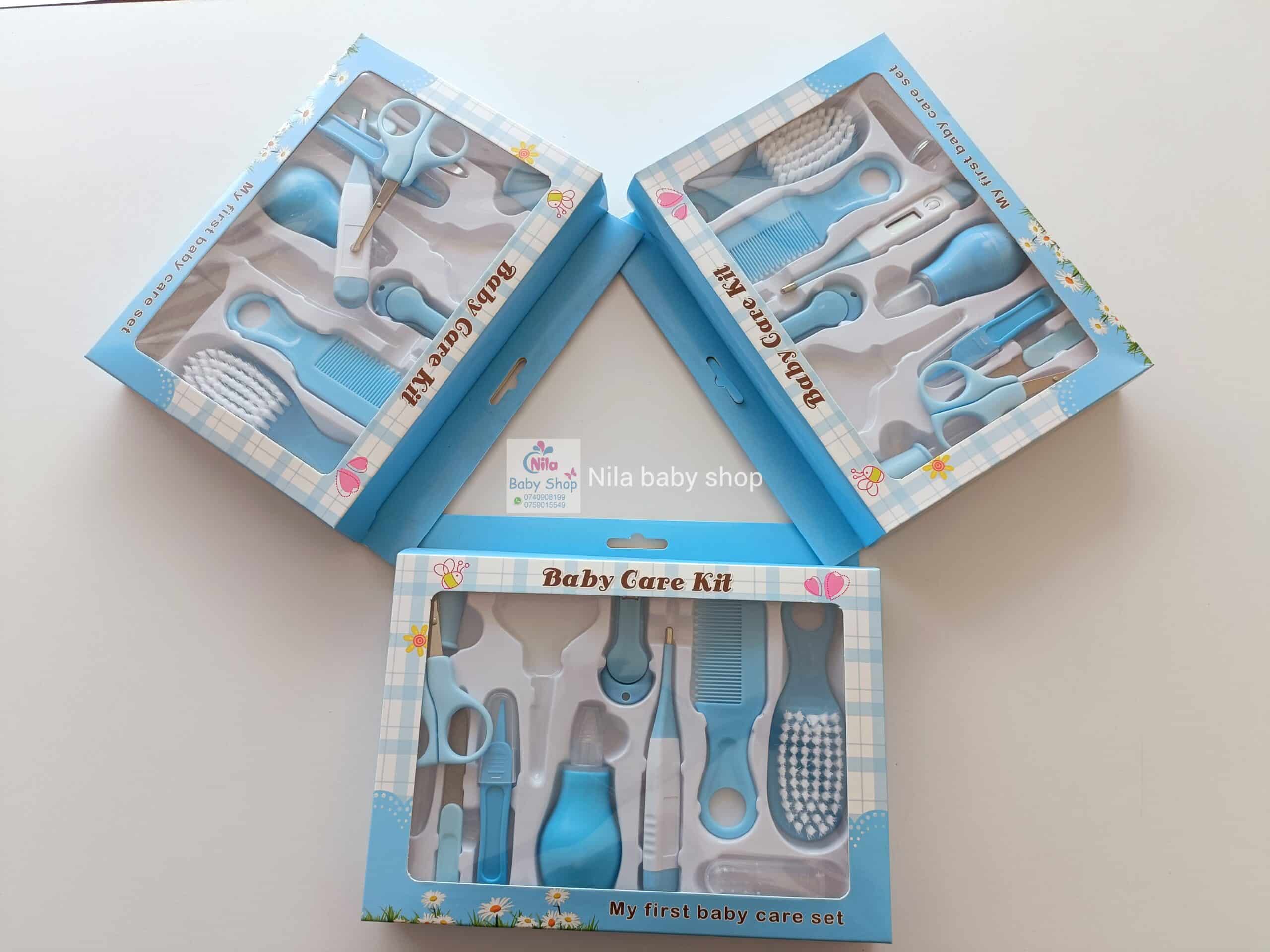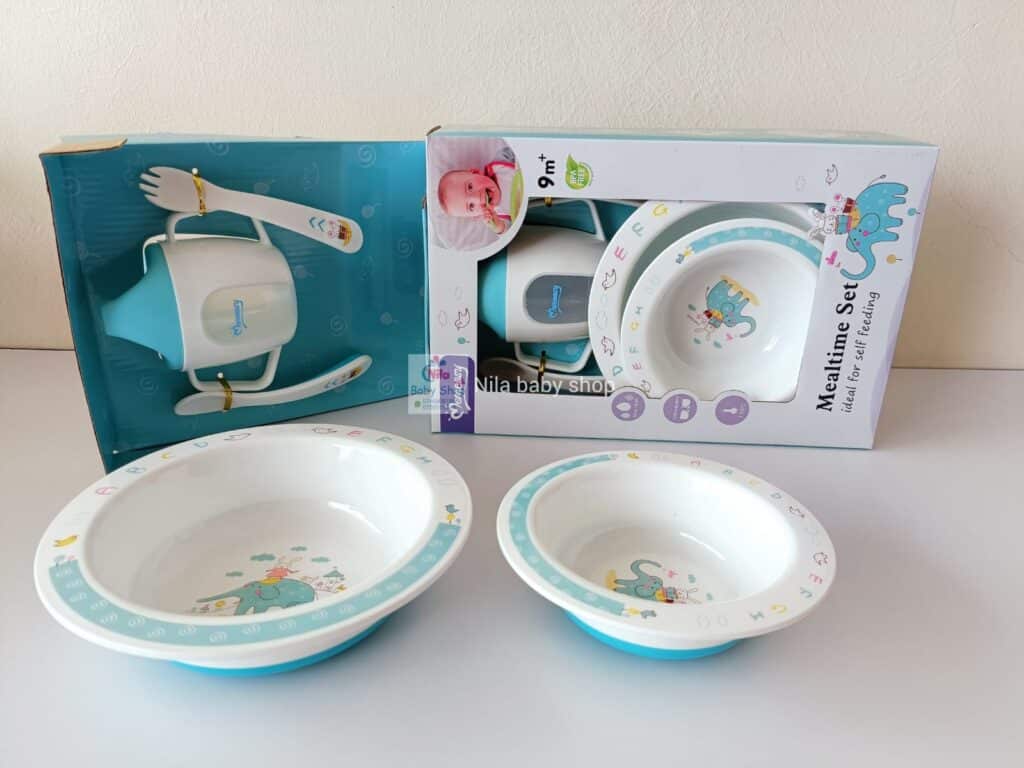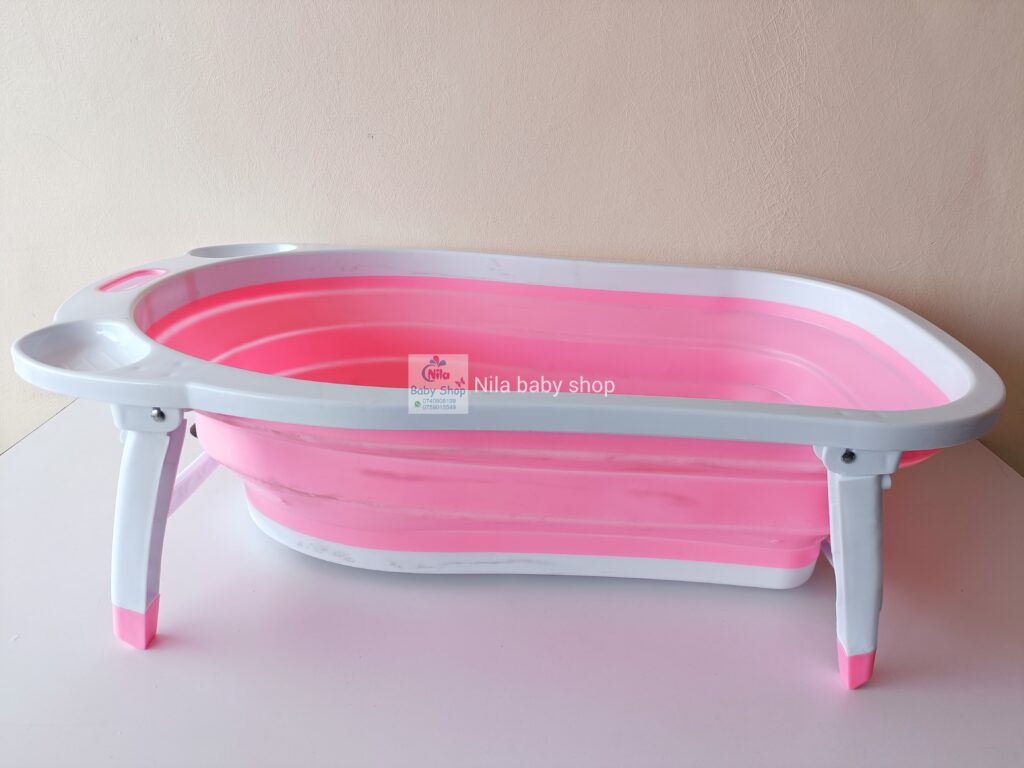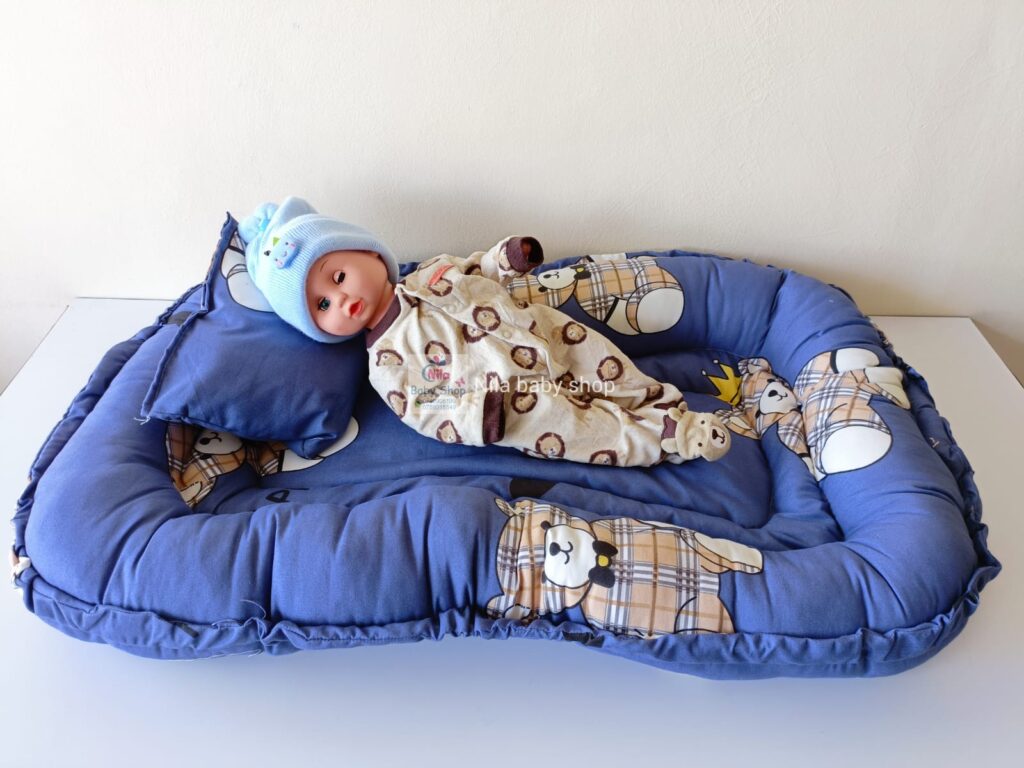
Nila Baby Shop
Newborn care may be difficult at times, from burping your baby to clothing him to clipping those little nails. Fortunately, with enough practice, you’ll be an expert. Life with a newborn may be wonderful — but it can also be overwhelming, draining, and frightening. When I brought my kid home from the hospital, I recall thinking, “How am I going to care for this little, needing creature?” What happened to his owner’s manual? But, as difficult as being a new parent might be, you’ll probably be alright. Parents learn to recognize and comprehend their baby’s wants, preferences, and schedules. Caring for a newborn – a baby less than 28 days old — is difficult, but it may be easier with the appropriate information.
What Should You Do?
- Feed your infant often, whether you’re breastfeeding or using formula.
- Start a nighttime routine and sleep when your baby sleeps.
- Safely bathe your infant, but not too often.
- When your baby is awake, spend time with her, calm her down, and do some tummy time with her.
- Ask for assistance.
Feed your infant often, whether you’re breastfeeding or using formula.
According to the American Academy of Pediatrics, if a mother is nursing for at least six months, her body will normally begin producing breast milk within three days of birth. Her breasts will first produce colostrum, a thick, golden, nutrient-rich milk. A nursing mother may have to labor initially to ensure that her infant latches, or fastens, appropriately onto her breast to eat. Talk to a professional lactation consultant if you’re having difficulties establishing a healthy latch or getting your baby to feed; most hospitals and birthing centers have at least one on staff.

How to nurse your baby for the first two weeks of their existence
Whether breastfeeding or using the formula, babies should be fed every one to three hours, for eight to twelve meals in 24 hours. (Feed one to two ounces of formula at a time if you’re using it.) Newborns who eat often might restore the weight they may have lost after delivery. As your baby gets older, she’ll be able to consume more at each meal and eat less often during the day and night. If your baby doesn’t burp after a meal, don’t worry. Burping is something that babies do when they need to.
Start a nighttime routine and sleep when your baby sleeps.
Newborns sleep a lot initially — around 16 to 17 hours per day — but this sleep is interrupted every hour or two by intervals of awakeness. Your baby will only wake up to be fed and changed in the first several weeks. Because your baby will be up for small amounts of time during the night, disrupting your sleep, you must sleep when your baby sleeps to be well-rested. Some newborns’ days and nights are reversed, and they sleep more during the day than at night. Doctors recommend awakening your infant if daytime naps are more than two hours if this is the case. You could also wish to establish a nighttime ritual, which acts as a social indication that your baby is ready to sleep for extended periods. Changing your baby into pajamas, swaddling him, feeding him, reading to him, and singing him songs are all part of a newborn bedtime ritual. If your baby isn’t hungry or soiled, it’s also good to let her cry for a few minutes at night; you don’t have to rock or hold her. Allow them to try if they can fall asleep spontaneously.
Safely bathe your infant, but not too often.
Clean your baby’s mouth, throat, and crotch every day — basically wherever that gets dirty. One to two times a week is plenty. Showering too regularly might cause dry skin or eczema, marked by red, itchy skin and rashes. It would help if you sponged bathe a newborn before her umbilical cord stump falls off, which normally happens 5 to 15 days after delivery. According to the American Academy of Pediatrics, wrap your infant in a towel and lay her down on a comfortable level surface. Cleanse her face with a clean, wet washcloth — you don’t want to use soap since it might go into her eyes or mouth — then gently wipe the rest of her body with a tiny bit of baby soap. Wipe your baby’s body with a clean moist washcloth once more. Research recommends putting a baby moisturizer, such as petroleum jelly, after the bath to avoid dry skin. You can wash your infant in a hard plastic baby bathtub or basin once the umbilical cord stump has come off. Ensure you have everything you’ll need before starting the bath: baby soap or shampoo, washcloths, a cup for rinsing, and a dry towel. Fill the bath with two inches of warm (about 100°F) water. Place your baby in the bath on his back and wash him with a washcloth and a tiny bit of baby soap, followed by a rinse with clean, warm water. After that, add a moisturizer to your baby’s wet skin, such as petroleum jelly.

When your baby is awake, spend time with her, calm her down, and do some tummy time with her.
Skin-to-skin contact, such as placing your bare-chested infant on your naked chest, is one of the finest ways to bond with your baby when she’s awake. According to studies, newborns that receive skin-to-skin contact shortly after birth are more likely to be nursed, are breastfed for longer periods and have better heart and respiratory responses. Professionals also recommended chatting to your kid frequently and bringing your face up close to her so she can see you better because newborns are nearsighted. It’s better to wait until your baby has learned to breastfeed or drink properly from a bottle before introducing a pacifier to give him something to suck on. Place your awake baby on her stomach on a sturdy soft surface two to three times a day for three to five minutes to practice tummy time. Keep your baby occupied by interacting with her on the floor. If your baby prefers, you may perform tummy time on your chest.

Request help.
It’s exhilarating to become a parent, but it can also be taxing and worrisome. If you’re having trouble adjusting, ask your spouse for assistance or seek out other family members or friends. A fatigued, stressed-out, malnourished, and emotionally depleted parent or caregiver cannot nurture their child. Request that friends or family members hold your baby, change his diapers, walk with him, or bottle-feed him extracted breast milk or formula. More than half of new moms have “postpartum blues,” which include mood fluctuations, a loss of appetite, and difficulty sleeping. (Partners can also be depressed.) Within two weeks of delivery, these symptoms usually go away independently. However, suppose your mood fluctuations are extreme. If you don’t sleep enough or sleep too long, or feel unable to perform daily duties, you may be suffering from postpartum depression, which affects one out of every nine moms. If you believe you are depressed, see your doctor and get the support you want.
When to Be Concerned
Call your doctor right away if your baby’s temperature rises beyond 100.4 because fever in a newborn might indicate a dangerous illness. If your infant isn’t eating well or is frequently crying, it’s also a good idea to contact your physician. If you see indications of worsening jaundice, a disease in which the blood contains too much bilirubin, a yellow pigment produced by red blood cells, consult your doctor. Increased yellowing of your baby’s skin (particularly on her face, tummy, arms, or legs) or yellowing of the whites of her eyes are signs of severe jaundice.
Written by Nila Baby Shop
Best Baby and Mother Products Store. Our main objective is to provide an exceptional online shopping experience, home delivery, and prompt customer service.
Leave a Reply